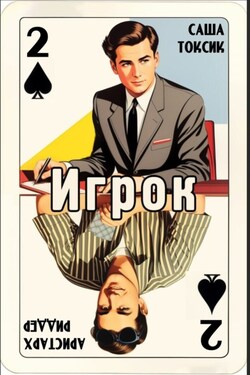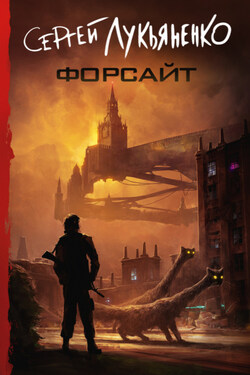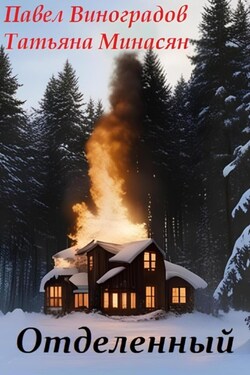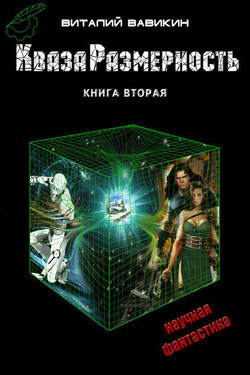Председатель-4
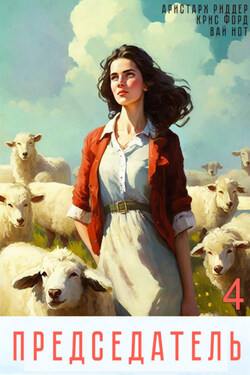
Книга "Председатель-4" narrates the journey of a determined protagonist, who is not only a successful leader of a collective farm but also a newly elected deputy, grappling with the challenges and contradictions of life in the Soviet Union. The story kicks off when Minister Matskevich informs him that his innovative greenhouse initiatives have garnered attention not just nationally but also internationally, with a noteworthy interest from Cuba. This revelation sets in motion a series of events that intertwine personal aspirations and political ambitions.
The protagonist visits GUM, a grand department store, to procure formal attire for an upcoming meeting with a Cuban delegation, which starkly highlights the disparities in access to quality goods among Soviet citizens. Disturbed by the notion that criminals often lead thriving enterprises, he reflects deeply on his duties as a deputy and the opportunities at hand to implement meaningful reforms in agriculture, aiming to elevate all collective and state farms in his region to the exemplary standards of his own.
His trajectory takes an intriguing turn when he unexpectedly meets Raúl Castro, who invites him to Cuba, reinforcing the protagonist’s burgeoning reputation. However, responsibilities beckon back home, where he retrieves a valuable film from Mitya, hidden away for safekeeping, hinting at underlying complexities within communal life. This moment serves to illuminate the interplay between personal and community stakes in their rural existence.
Furthermore, the narrative explores the protagonist's initiative to recruit new talents to invigorate his collective farm. He reaches out to students at Timiryazev Agricultural Academy, fostering an enthusiasm for collaborative economic research that not only piques their interest but also sets the stage for a new wave of innovation in agricultural practices. His interactions with the students highlight a generational shift towards greater accountability and engagement with rural development.
As the protagonist navigates these professional endeavors, he confronts ecological challenges like the invasion of hogweed, seeking scientific validation for replacing it with more beneficial crops such as Jerusalem artichokes. This subplot underscores his commitment to environmental stewardship amidst bureaucratic resistance.
Social dynamics play a crucial role in the narrative, illustrated by the festive but problematic behavior of officials, exemplified by Kandrënkov's drunken antics at a celebration—a sobering reminder of the human flaws that permeate the corridors of power.
The rich tapestry of relationships woven throughout the protagonist’s world also includes mentoring moments with the son of the kolkhoz chairman, emphasizing the hope and promise of the next generation, as they engage with farm life with intelligence and diligence.
Overall, "Председатель-4" masterfully intertwines personal ambitions with the broader socio-political landscape of the time, offering a nuanced commentary on the aspirations, struggles, and intricate human connections that define the Soviet experience. The protagonist's evolution from a local leader to a visionary reformer is both compelling and relatable, resonating with readers who navigate their own pathways toward meaningful change.
Всего страниц:
146
Отзывы
Добавить отзыв

